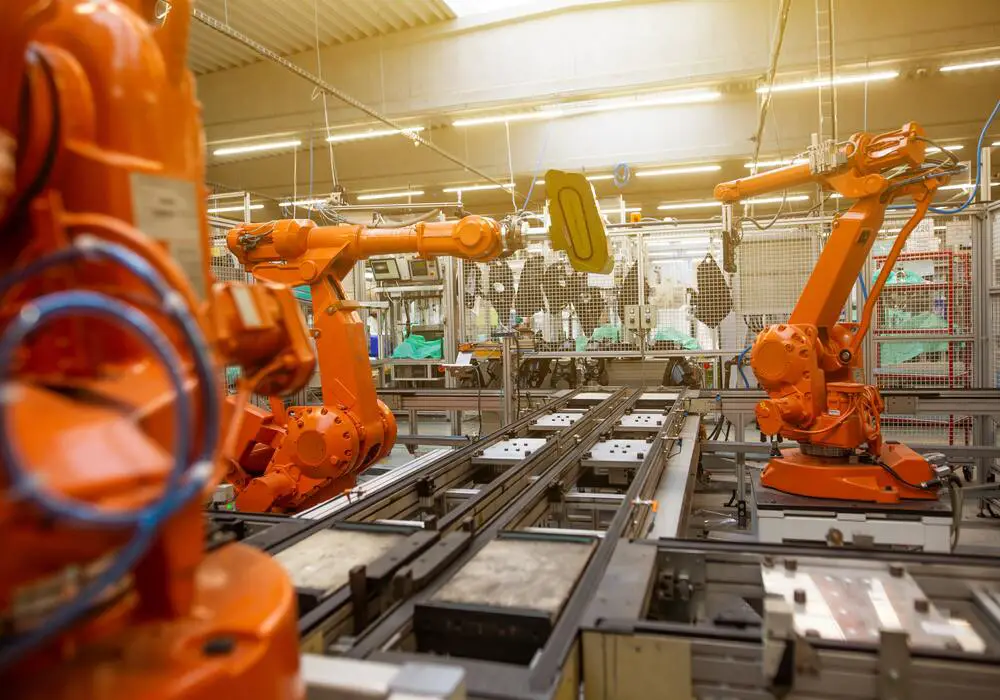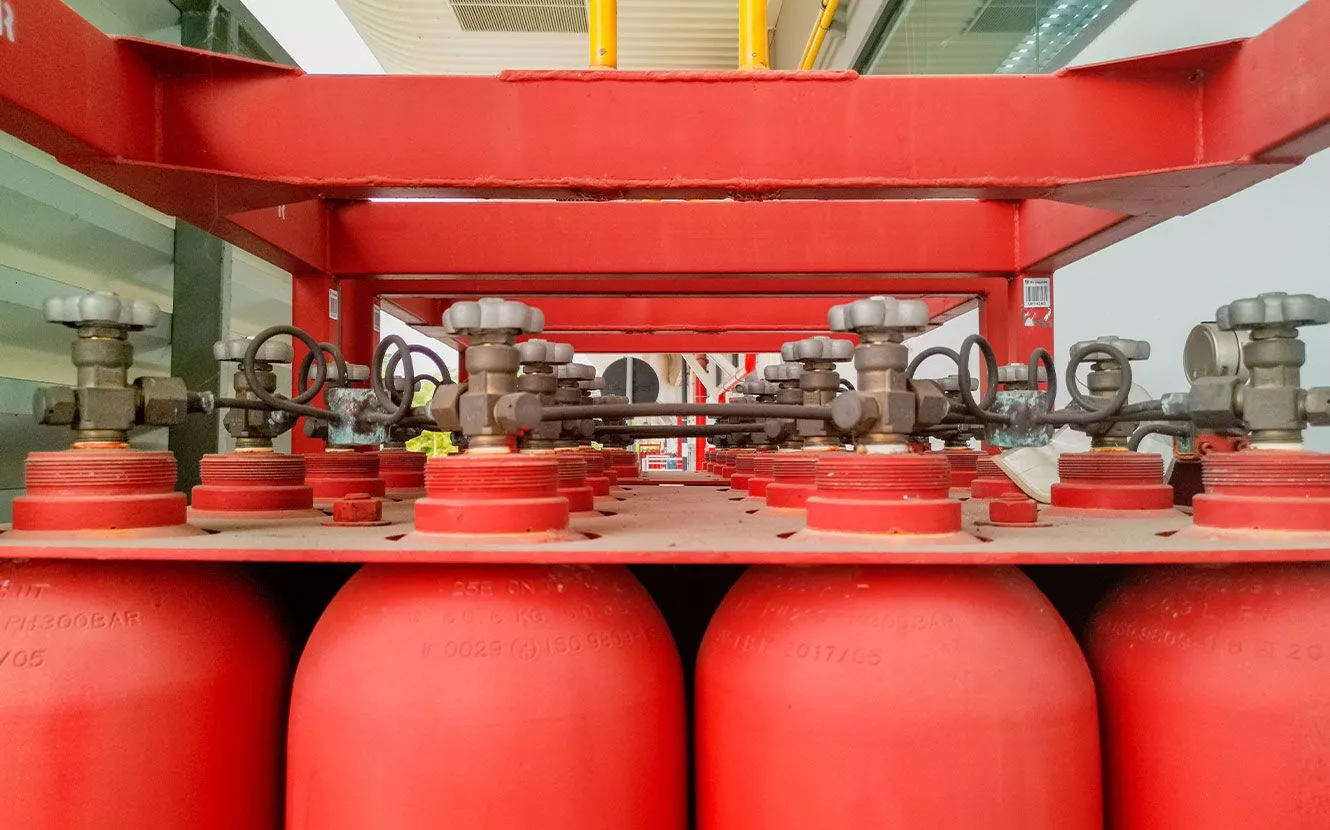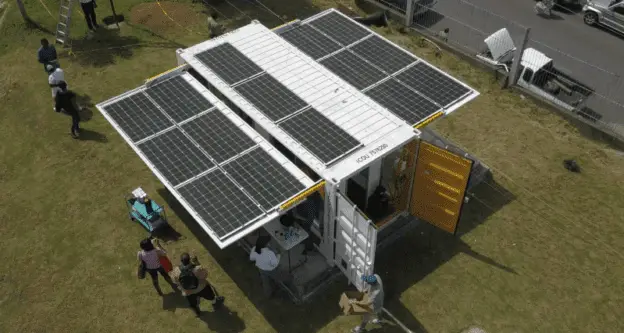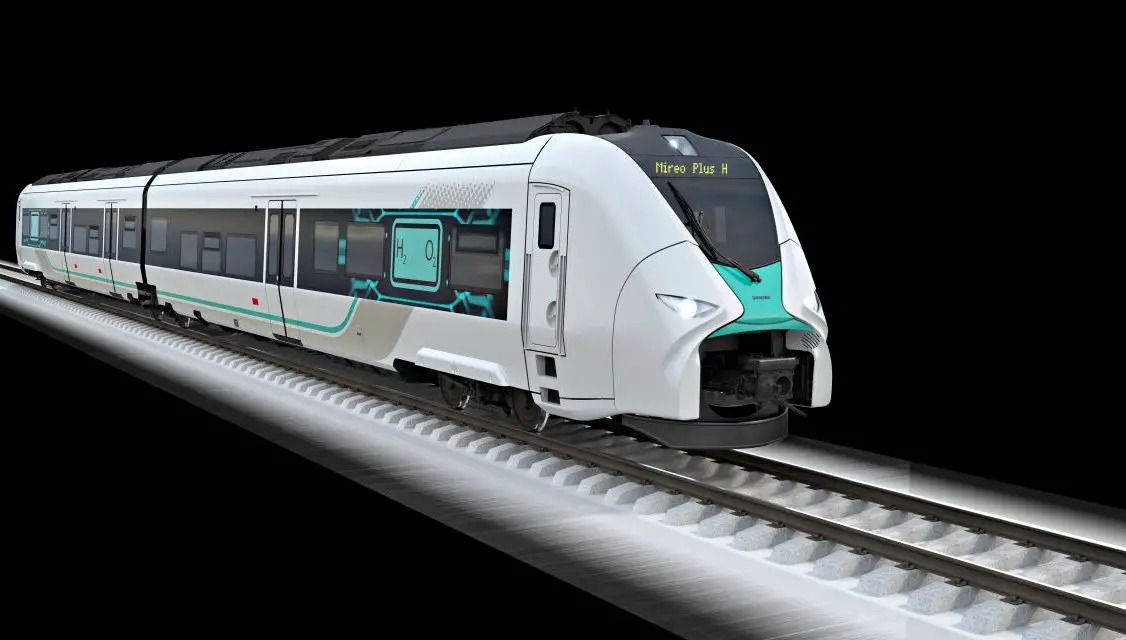TrendForce’s autonomous manufacturing research shows that companies are actively implementing energy saving and carbon reduction strategies. In the short term, automation systems are playing an increasingly important role by industry to lay the foundation for smart mobility.
There are many steps for the manufacturing industry to move towards sustainable production.
According to TrendForce, there are many avenues for the manufacturing industry to move towards sustainable operation. There are many ways in plant management, from the common man-machine-material law, from low-carbon machinery and equipment design to the selection of packaging materials.
Smart manufacturers’ buildings already have Industry 4.0 technology and focused on energy. Western Digital and Schneider Electric, which were selected as the best companies in savings and carbon reduction compared to manufacturers focused on energy optimization in 2021, produce with more comprehensive, digital unmanned factories.
Technical tools real-time energy management, control system and artificial intelligence process management can improve overall efficiency and turn them into green factories.
The global smart manufacturing market is expected to reach $620 Billion by 2026
Progressive development is expected to solve the slow-paced dilemma of Industry 4.0, accelerating the development of related technologies, and the global smart manufacturing market to reach $620 billion by 2026.
In 2023, more manufacturers are expected to accelerate the pace of digital transformation and introduce industrial automation to build a green foundation, which will become the main driver of the market’s annual growth.
In the medium and long term, businesses can eventually decarbonize with minimal resource use, eco-friendly manufacturing processes and integration, after acquiring data through automation to improve quality and then reducing waste through digital virtualization and connecting the entire facility.
Energy management will build the fundamental building blocks of the smart manufacturing industry within the framework of automated, virtual and low-carbon development, whose circular economy business model is interconnected and multi-line development, while maintaining market competitiveness.
First Image source: Unsplash





